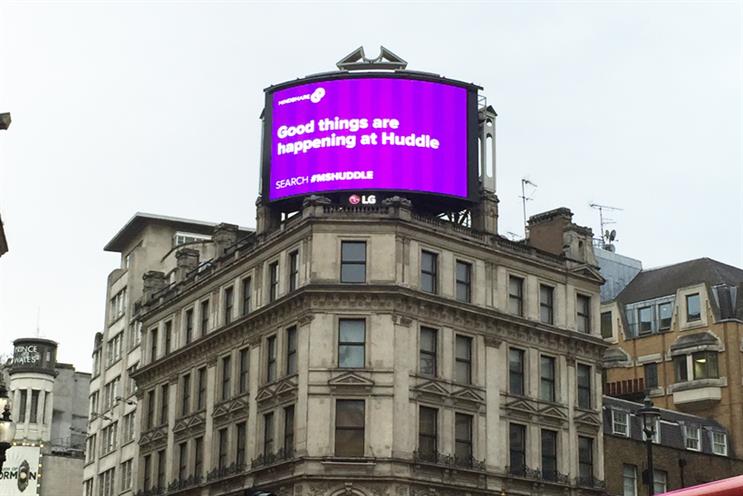This year’s Mindshare Huddle was all about exploring the concept of "Good". This isn’t about CSR, charity fun runs or your office recycling policy. It’s about an increasing human demand for businesses to do good in the world.
Close to 2,000 staff, clients and partners came together yesterday to listen to and debate this concept. From how we can create more meaningful media experiences for consumers to how can we make our industry a good place to work.
"In eight months uberPOOL has taken 7.9 million miles off roads and removed 1,400 metric tons of carbon dioxide out of the Los Angeles air"
Many media brands discussed their editorial approach and the concept of journalism as a force for good. The Sun’s Snapchat editor talked about her policy of no negativity whether that was slut shaming or circling cellulite. The Sunday Times’ chief foreign correspondent, Christina Lamb wanted the attendees for her session to go away with the thought that even when there is so much war and conflict that there are still people doing good things in the world. And Cosmopolitan explained how it has been using its reach to make a change for good to help young professional women find housing in London.


Matthew Luhn, one of the lead animators who'd worked on Toy Story (1, 2, AND 3), Cars, and Inside Out gave a blinding talk about his desire to use his medium as a way of creating the illusion of life - using data and understanding of how humans behave, and mapping that into his creative process. From the way our muscles are constructed, to the direction our eyes dart when we remember something warm and fuzzy. Doing good for Luhn was about creating something that moved people, created empathy, and told stories - and his body of work demonstrates amazingly how data and insights can be used to drive creativity and emotion.
Other sessions talked about whether delivering a good customer experience is enough to qualify you as a ‘good’ business. As Alex Schlagman, founding partner at Savethehighstreet.org, put it: "We have to ask whether the long-term trajectory of a business like Uber is positive or negative for people, communities and the world. Is the good customer experience it enables ultimately a good thing?" Although, when you consider that in eight months uberPOOL has taken 7.9 million miles off roads and removed 1,400 metric tons of carbon dioxide out of the Los Angeles air, no one can deny Uber has been a force for good.


Another question posed was around how we can make our industry a good place to work by embracing well-being, diversity and work-life balance? Sarah Wood from Unruly talked about how a more diverse business can drive profitability and how the diversity debate goes beyond gender. I personally met with young candidates from the Mindshare Academy programme who we are mentoring and their message was that brands need to involve younger generations when making their plans. Huddlers also listened to Olympic gold medallist Chris Mears who joined Time Inc to brainstorm how to help young people break into the creative industries.
"…the vast majority of people want to do good but just don’t get around to it…"
But probably the most important issue of the day was if a brand builds social purpose into the heart of its business can it make them do good?
One of the most inspirational stories of the day came from the founder of Sal’s Shoes, a charity set up to find new feet for pre-loved children’s shoes. Its founder has managed to grow her charity with the help from friends, family and others who she has found through social media. Her message was that "…the vast majority of people want to do good but just don’t get around to it…"
Missions such as this, that grow from a strong, customer-centered proposition, have the greatest opportunity to deliver on the promise of doing good in the world.



